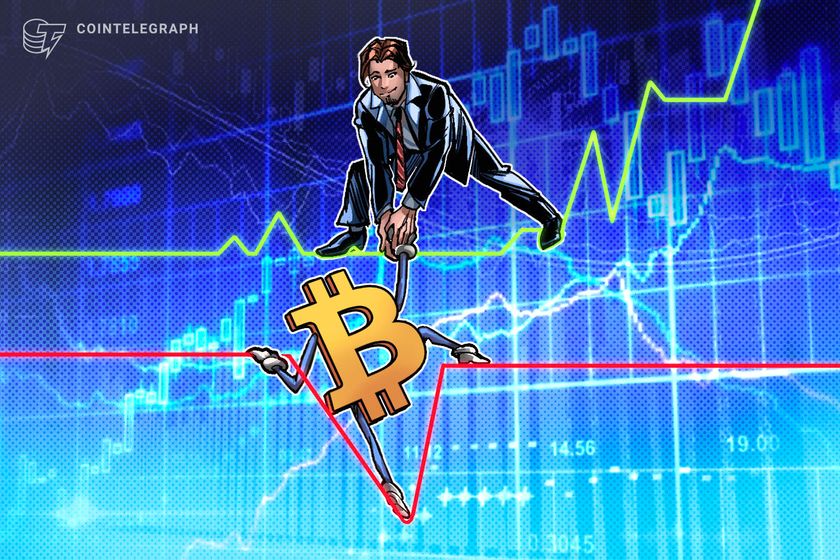
Why is there a groundswell toward Bitcoin adoption in Dakar? And could it influence neighboring countries and regions to explore magic internet money?
Cointelegraph goes to Senegal, West Africa. The medium-sized African nation recently hosted a Bitcoin conference (BTC) and more and more merchants and customers are joining the Lightning Network.
Armed with a camera, a lightning wallet and a microphone, Reporter Joe Hall took to the streets of Senegal to peer under the surface of Bitcoin adoption in the capital city, Dakar.
As the Cointelegraph Youtube video highlights, Senegal has a young, digitally native population and in recent years, its become second nature for people to send money via mobile phones rather than banks.
A mobile money provider called Wave, for example, began in 2017 in Senegal and has since expanded to other countries in West Africa. It now boasts millions of users.
Much like Bitcoin, the mobile money revolution attempts to bank the unbanked and improve financial conditions for financially underserved populations. Its user experience is quite similar to sending money over Bitcoin’s Lightning Network, in that you scan a QR code or send money to a number, however, mobile money charges anything from 1 to 3% and can take a few minutes to confirm. It’s therefore a useful tool, but too costly for microtransactions.
In the video, Hall sends Bitcoin over the Lightning Network to a manager at Wave, who showed interest and surprise at the Bitcoin Lightning Network’s efficacy. In fact, many Senegalese were interested in receiving, acquiring or learning how to custody Bitcoin.

The Dakar Bitcoin Days conference underscored the Senegalese’ interest in learning about and using Bitcoin. Founded by Nourou, Dakar Bitcoin Days is part of Bitcoin Sen, another pocket of budding Bitcoin activity in West Africa.
However, the overarching reason which could lead to greater Bitcoin adoption in Senegal is breaking the monetary chains of its colonial past.
Related: ‘We don’t like our money’: The story of the CFA and Bitcoin in Africa
In 1994, the value of the local currency, the CFA was sliced in half by a combination of efforts from France, the IMF and the World Bank. Senegalese fiat savings were decimated.
The scars of this monetary collapse and its residual regime remain in west africa and Senegal. The CFA money is not sovereign and it disempowers and disenfranchises people.
That’s why people are looking for alternatives, and some are turning to Bitcoin.













